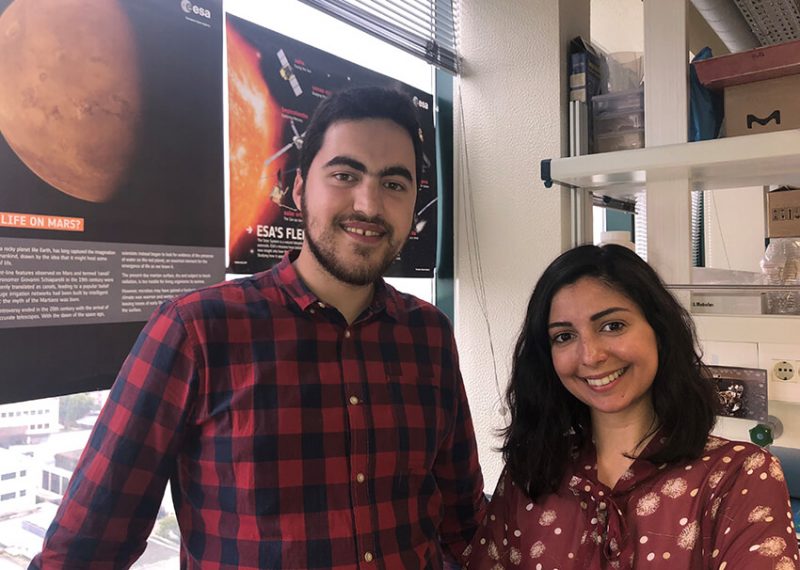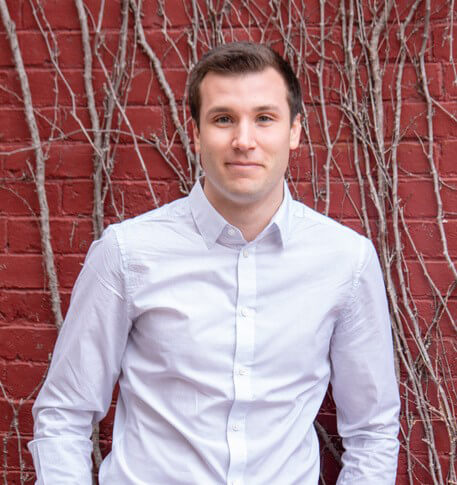Blue Origin Student Payload Competition Finalist Team Announced!
Congratulations to the finalist Team EM²C on being selected to represent the MIT Portugal Program in space!
The experiment, officially named Effect of Microgravity on Microbial Chlorophyll, was created by MIT Portugal students Lígia Fonseca Coelho, PhD, Bioengineering, Instituto Superior Técnico and Manuel Almeida, PhD, Bioengineering, Instituto Superior Técnico, with the help of Jeremy Stroming, Masters candidate at MIT’s Human Systems Lab in The Department of Aeronautics and Astronautics.
Team EM²C describes their experiment: The experiment will be on the effects of parabolic flight (such as altered gravity) on the photosynthesis and survival of microorganisms. This is relevant to the current aims of the European Space Agency (ESA), and related to current/future European Programme for Life and Physical Sciences in Space (ELIPS) space missions, such as Exocube. Two photosynthetic microorganisms will be used, a cyanobacterial and a microalgal strain, i.e. one prokaryotic and one eukaryotic, respectively. A heterotroph will also be selected as a non-photosynthetic control sample. This experiment “Effect of Microgravity on Microbial Chlorophyll (EM2C)” will allow comparisons on: 1) How cell compartmentalization affects the ability of photosynthetic cells to cope with microgravity (prokaryotes versus eukaryotes); 2) Whether there is any adaptability difference to microgravity between non-photosynthetic and photosynthetic; and 3) How microgravity affects one of the most important biological phenomena: photosynthesis.
Thank you to Team EM²C and their faculty mentors for all of your hard work. We can’t wait to see your experiment in action! We’d also like to thank the other competition teams who worked hard over the past several months. It was a difficult decision to select the finalist, but we learned so much and can’t wait until the next competition opens!


